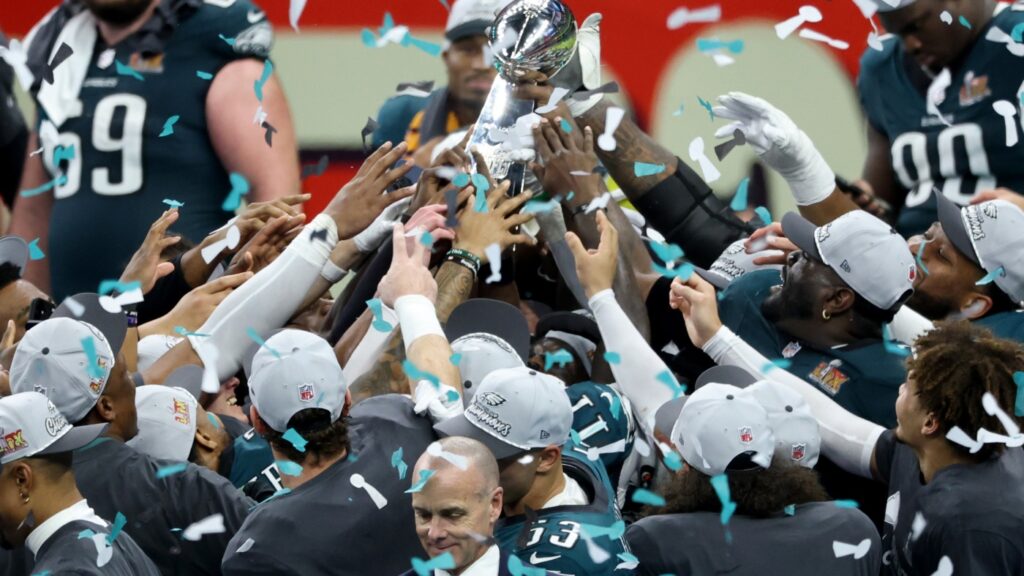The Philadelphia Eagles clinched the Super Bowl victory against the Kansas City Chiefs, sparking speculation about a potential White House visit to celebrate with President Trump. However, historical tensions between Trump and the Eagles suggest that such a visit is unlikely. The strained relationship dates back to 2018 when the Eagles won the Super Bowl during Trump’s first presidency amid controversies surrounding athletes kneeling during the National Anthem to protest systemic racism. Trump, a vocal critic of the protests, faced backlash from the Eagles team, leading to a planned boycott of the White House visit. In response, Trump rescinded the invitation, avoiding a public snub. The politicization of sports, exemplified by Trump’s actions, underscores the changing dynamics of American politics and the once nonpartisan tradition of presidential sports celebrations. Trump’s attendance at the Super Bowl marked a departure from tradition, reflecting the deepening partisanship in American sports. The racial implications of a White House visit, especially in a predominantly Black and minority player league, further highlight the divisive impact of Trump’s comments and actions within the sports community. The Eagles’ stance on a potential White House invite remains unclear, emphasizing the complex interplay between sports, politics, and race in contemporary America.
“Will the Eagles Visit the White House Again After Their Super Bowl Victory?”
February 14, 2025

From NPR
This site is supported by our readers, so if you’re able to help, consider becoming a paid supporter. https://www.patreon.com/YUGENEWS
